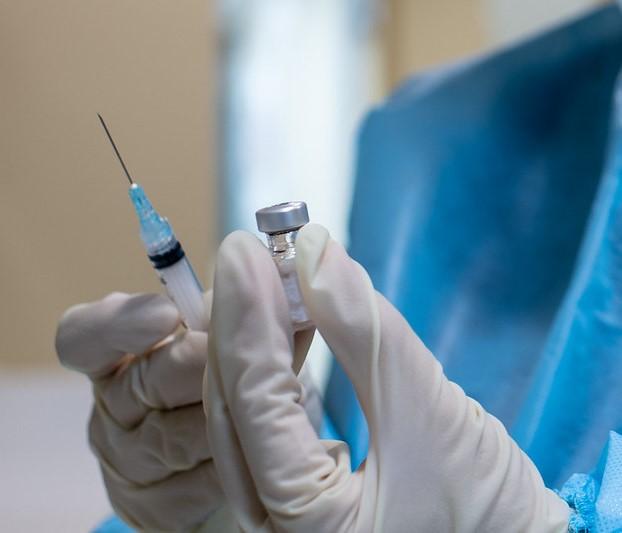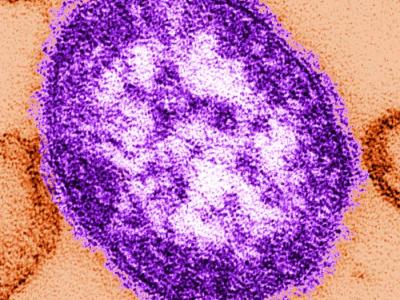An intervention to reduce antibiotic treatment of asymptomatic bacteriuria (ASB) at critical-access hospitals (CAHs) was associated with small but clinically significant improvement, researchers reported yesterday in Infection Control & Hospital Epidemiology.
Misdiagnosis and treatment of ASB—the presence of bacteria in the urine without other signs of infection—is a common practice and major driver of inappropriate antibiotic use in hospitals, particularly CAHs, which are primarily rural and have limited infrastructure for quality-improvement and antibiotic stewardship programs.
To address the problem, researchers at the University of Washington Center for Stewardship in Medicine created a stewardship collaborative centered on an inappropriate diagnosis of urinary tract infection (ID-UTI) measure that has been shown to reduce ASB treatment in other types of hospitals.
Reduction in ASB treatment not statistically significant
From October 2022 through July 2023, 1o CAHs participated in the quality-intervention program, which included learning labs, mentoring, and performance reports using the ID-UTI measure, which allowed hospitals to compare rates of ASB treatment. During the study period, ASB treatment at the CAHs fell from 28.4% during the first month to 18.6% during the final month, for an absolute reduction of 9.8%.
After adjusting for hospital clustering, the odds that a case treated for UTI was ASB non-significantly decreased by 6.5% with each additional month (adjusted odds ratio [aOR], 0.935; 95% confidence interval [CI], 0.873 to 1.001). There was no change in antibiotic duration or unjustified fluoroquinolone use.
"Although the reduction in ASB treatment was not statistically significant, the estimated effect size was fairly substantial and thus potentially clinically significant," the study authors wrote, adding that the findings indicate the ID-UTI measure can be implemented in resource-limited settings.
"Future work over a longer period should be done to ensure that the decrease in overtreatment in ASB can be sustained," they concluded.













